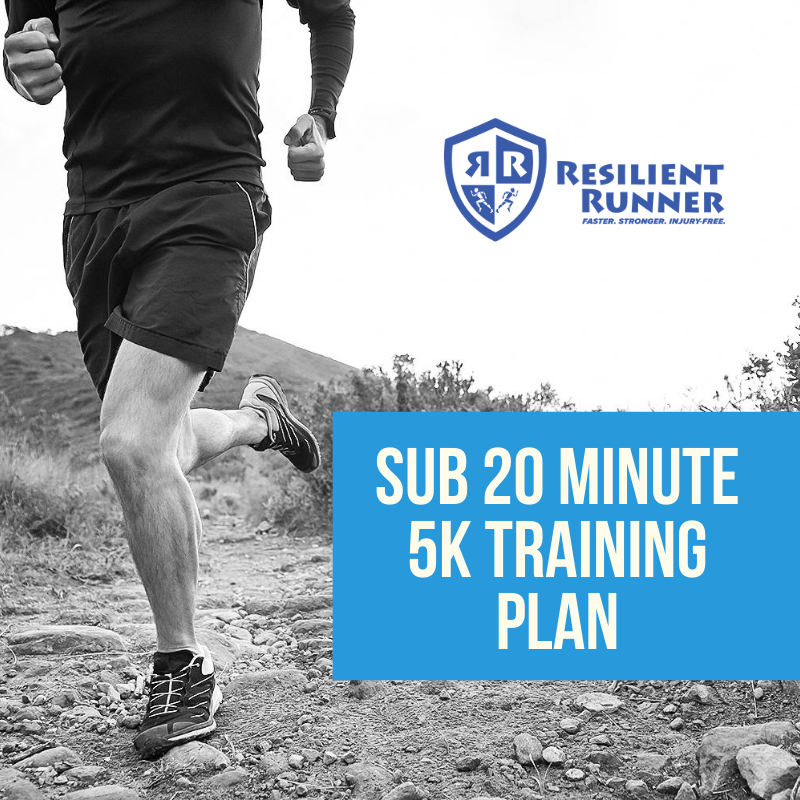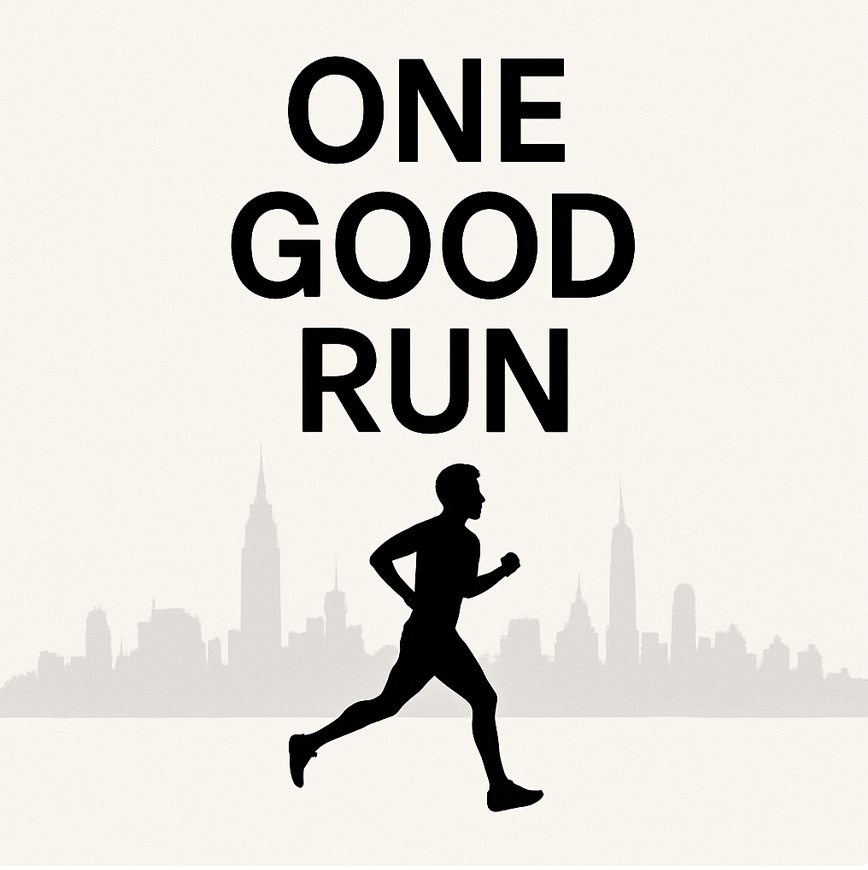One of the most common mistakes you can make as an athlete is to not optimise your nutrition during an intense training cycle.
When your body doesn’t get enough nutritents to meet all of its tissue maintenance and energy needs, it will enter a catabolic state—which means your muscles begin breaking themselves down.
When you’re not eating enough, the first indication is likely to be a a niggle or injury and a significant decline in your workout performance.
The technical name for this is Relative Energy Deficiency in Sport (RED-S) (see figure below)
Once again, as everyone has different needs, I highly recommend you consult with a Accredited Sports Dietician for a personalised plan.
But here’s a few key points about nutrition to get you started:
Hydration
Re-hydrating after workouts is critical to allow the body to start healing itself.
Water is good, but if you can also think about replacing electrolytes with something like nuun (we have in the clinic - ask us for a free sample).
Carbohydrates
Numerous studies conducted over the past 40 to 50 years have consistently pointed to carbohydrate as the primary macronutrient for sustaining and improving physical performance.
Research suggests endurance athletes are able to perform better and train harder when they eat plenty of carbs.
Endurance athletes need a higher intake of carbohydrates (approximately 6 to 10 g/kg body weight daily), than the average person, not just to fuel their workouts, but to re-build glycogen stores which overall increases their physical capacity.
This equates to 1 - 1.5 grams of carbohydrate per kilogram of bodyweight as a recovery fuel, ideally within the first 30 minutes of completing a training session. The actual number depends on length and intensity of the workout.
Surprisingly, many athletes don’t eat enough carbohydrates to support their training optimally, thinking they will gain too much weight.
But if you’re not getting enough fuel in training, your body will be more likely to break down and injury will follow.
The importance of carbohydrates comes down to the fact we can’t store carbs effectively (the liver and muscles store glycogen), but that is not enough to fuel a marathon, or any event more than about 90 minutes.
Lack of carbs stresses and fatigues the muscles
Not getting enough carbs has been shown to affect the muscles and tendons - in particular the ITB, hamstrings and achilles tendons.
When you are depleted of carbohydrates, there is a proportional increase in muscle fatigue, and also an increase in muscle protein breakdown.
If you’ve suffered from injuries in the past - be sure to adequately fuel yourself before, during and after your workouts to prevent your body from breaking itself down.
A low-carb diet may well be popular and useful for an inactive office worker, but a competitive endurance athlete may well need 2-3 times carbohydrate as the average person.
If you can focus on healthy, nutrient dense carbohydrates, and generally avoid processed carbohydrates you will enjoy getting fitter faster, with minimal time off due to injury.
Protein
Re-building soft tissues after a hard workout requires additional protein, compared with a sedentary person.
Protein plays a critical role in repairing this damage and is comprised of building-blocks known as amino acids.
There are 22 amino acids and our bodies require a balance of all of them, yet there are nine that we cannot produce ourselves (essential amino acids) which must acquire from food.
Complete proteins are sources which contain all 22 amino acids. Some readily available sources of complete proteins that will be helpful in building your way out of fatigue are animal products such as fish, eggs, red meat and chicken. Plant based athletes may need to supplement their diet to ensure optimal protein synthesis.
The timing of the protein is also critical, with research showing that evenly spreading your protein over 3 or 4 meals during the day creates the best environment for recovery and re-building.
It can be difficult to optimally consume good protein sources (especially if you’re on the go), here’s a few examples you could take to work:
Vegetarian / Plant Based Athletes
A vegetarian or plant based approach can raise several potential risks to both your health and your performance, but it can be done. Here are some excellent tips for you to help you stay healthy.
Fueling your body before training / racing
A good general rule is to avoid eating a main meal within the 2-4 hours before exercise (although everyone is different).
High fibre, fat and protein meals consumed pre-exercise have been shown to cause an increase in GIT symptoms as fibre, fat and protein are slow to empty from the stomach.
During your training try out different fueling options to find out what works best for you.
Try not to drink too much right before you train as you don’t want to have to run to the toilet just as you’re getting into a session.
Chocolate Milk
A study led by Joel Stager showed that drinking chocolate milk after running or any intense exercise speeds up recovery process and delays exhaustion time during training better than any sports drink.
Maintaining tissue quality:
The major benefit of soft tissue work is that it relaxes tense muscles and removes adhesions or minor scar tissue between muscles and fascia, a fancy word for the sheath or casing that surrounds your muscles.
Training causes increased tension in the tissues and adhesions can restrict movement and impair your range of motion, potentially leading to abnormal movement patterns that can cause overuse injuries.
Types of soft tissue work:
How often do you need soft-tissue work done?

































